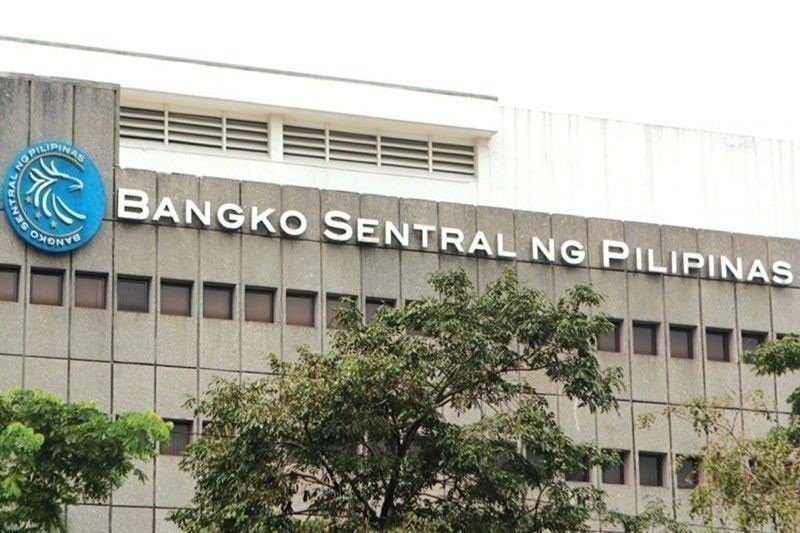More rural banks in the Philippines are now consolidating their operations in response to the Bangko Sentral ng Pilipinas (BSP)’s efforts to enhance the risk management of small banks and strengthen the financial health of the sector.

Facade shot of the BSP office in Manila (IMAGE CREDIT: www.bsp.gov.ph)
This was the general assessment made by Chuchi Fonacier, deputy governor of the BSP, who reported that the Municipal Rural Bank of Nabua (Camarines Sur) Inc. and the Camalig Bank Inc., have since finalized their merger, which started in October last year.
According to Fonacier, the Municipal Rural Bank of Nabua’s assets and liabilities were absorbed by Camalig Bank, the institution that survived.
In a media advisory, Fonacier also stated that the Securities and Exchange Commission (SEC) has already authorized the two bank’s merger plans and articles. The Articles and Plan of Merger have since been put into effect by the two banks last March 27.
Merger of more rural banks in PH bared
After receiving all the necessary regulatory clearances, the BSP official also confirmed that the merger between Bayanihan Bank Inc. and the Rural Bank of Pozorrubio likewise became official last September 1.
The SEC has accepted the group’s additional Articles of Merger, and on July 13 last year, Bangko Kabayan Inc., First Agro-Industrial Rural Bank Inc., and Progressive Bank Inc.’s tripartite merger went into force.
The Rural Bank of Talisay (Cebu), United Consumers Rural Bank, Bangko Pangasinan, Rural Bank of San Juan (Southern Leyte), Binangonan Rural Bank, Rural Bank of San Marcelino, and Rural Bank of San Agustin (Isabela) are among the seven small banks that the BSP’s Monetary Board has ordered closed thus far this year.
The BSP imposed a nine-bank closure order last year. Due to the COVID-19 pandemic’s effects, the central bank’s order to close increased from just five in 2020 to 13 banks in 2021.
The Rural Bank Strengthening Program (RBSP) was launched by the BSP to help improve the rural banking sector’s operations, capability, and competitiveness. In order to improve the functionality, capacity, and competitiveness of small banks, the regulator has previously increased the minimum capital requirements for rural banks to at least P50 million.
According to the new system, rural banks with a head office and fewer than five branches must have a minimum capitalization of P50 million, those with six to ten branches must have a minimum capitalization of P120 million, and those with more than ten branches must have a minimum capitalization of P200 million.
As of the end of 2022, at least 379 rural banks had 2,924 normal branches and 865 automated teller machines (ATMs) functioning nationwide according to the BSP.
Rural banks are essential for supporting rural prosperity and inclusive economic development.
The regulator intends to increase the small banks’ adaptability to changing regulatory and socio-economic conditions as a result of the growing digitalization of all economic sectors.







